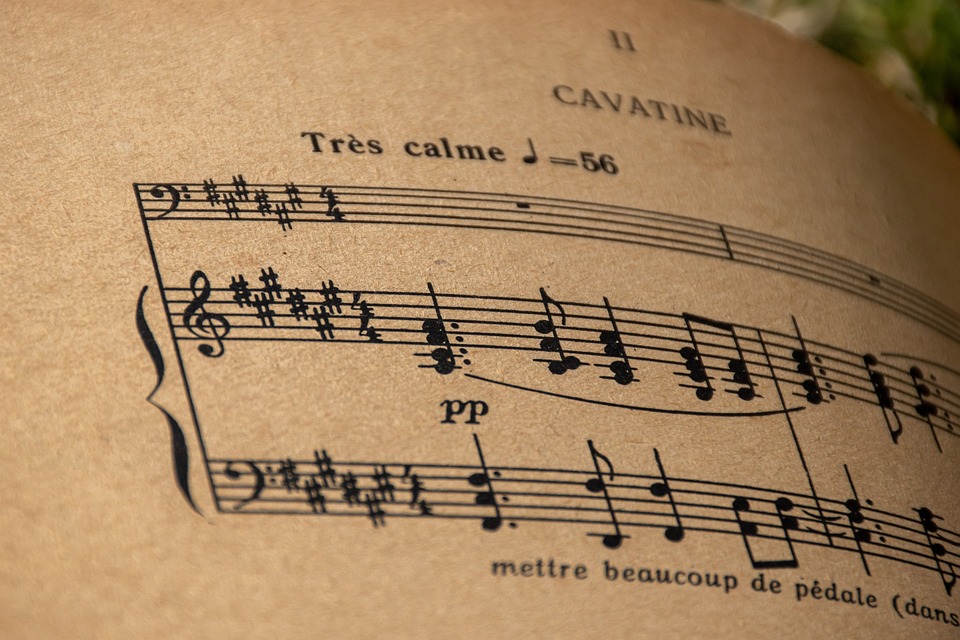From Broadway to Hollywood: The Evolution of Musical Storytelling
Musical storytelling has been a beloved art form for centuries, captivating audiences with its combination of music, dance, and theatrical performances. Over time, this unique form of entertainment has seen a remarkable evolution from its origins in Broadway theaters to the big screens of Hollywood. Let’s take a closer look at how musical storytelling has transformed over the years and the impact it has had on popular culture.
The Birth of Broadway Musicals
Broadway musicals first emerged in the late 19th century, combining elements of vaudeville and musical theater to create a new form of entertainment. One of the earliest and most influential musicals was “Show Boat,” which premiered in 1927 and featured a groundbreaking mix of music, drama, and social commentary. This marked the beginning of a golden age of Broadway musicals, with iconic shows like “West Side Story,” “Les Miserables,” and “The Phantom of the Opera” captivating audiences with their memorable songs and compelling storytelling.
The Rise of Hollywood Musicals
In the early 20th century, Hollywood began to see the potential of adapting Broadway musicals for the big screen. The first successful movie musical was “The Jazz Singer” in 1927, which featured a mix of silent film and synchronized sound. This paved the way for Hollywood to produce a string of successful musicals, including the iconic “Singin’ in the Rain,” “The Sound of Music,” and “The Wizard of Oz.”
Hollywood musicals became known for their lavish production values, elaborate dance numbers, and iconic songs that would become timeless classics. Stars like Gene Kelly, Judy Garland, and Fred Astaire became synonymous with the genre, dazzling audiences with their performances both on stage and on screen.
The Modern Era of Musical Storytelling
In recent decades, musical storytelling has continued to evolve with the introduction of new technologies and storytelling techniques. Musicals like “Rent,” “Chicago,” and “Moulin Rouge!” have brought a fresh perspective to the genre, tackling contemporary issues and experimenting with unconventional storytelling formats.
One of the most successful musical adaptations of the modern era is “Hamilton,” which combines hip-hop music and innovative staging to tell the story of Alexander Hamilton and the founding of America. The show has been praised for its diverse cast, powerful performances, and groundbreaking approach to musical storytelling.
The success of “Hamilton” has paved the way for a new wave of musicals exploring diverse voices and stories, including “Dear Evan Hansen,” “In the Heights,” and “Hadestown.” These shows have pushed the boundaries of traditional musical theater, incorporating modern music styles, innovative staging, and complex characters to create compelling and thought-provoking storytelling experiences.
The Future of Musical Storytelling
As musical storytelling continues to evolve, the possibilities for the future of the genre are endless. With advances in technology, virtual reality, and interactive storytelling, we can expect to see even more immersive and dynamic musical experiences in the years to come. Musicals like “The Lion King” and “Frozen” have already embraced new technologies like CGI animation and virtual reality to bring their stories to life in innovative ways.
In addition, the rise of streaming platforms like Netflix and Disney+ has made musical storytelling more accessible than ever, allowing fans to enjoy their favorite shows and movies from the comfort of their own homes. This has opened up new opportunities for filmmakers and theater producers to reach wider audiences and explore new storytelling techniques.
Overall, the evolution of musical storytelling from Broadway to Hollywood has had a profound impact on popular culture, influencing music, film, and theater for generations. With new technologies and storytelling techniques pushing the boundaries of the genre, we can expect the future of musical storytelling to be even more exciting and groundbreaking. As audiences continue to crave immersive and engaging storytelling experiences, musicals will undoubtedly remain a timeless and beloved form of entertainment for years to come.

Leave a Reply